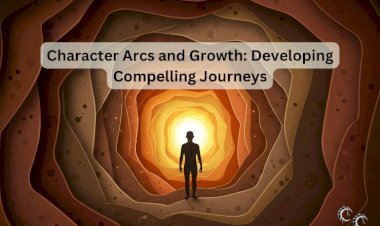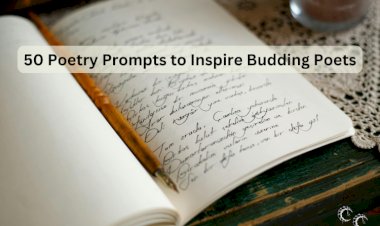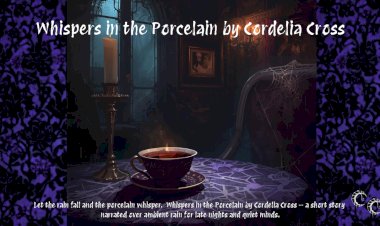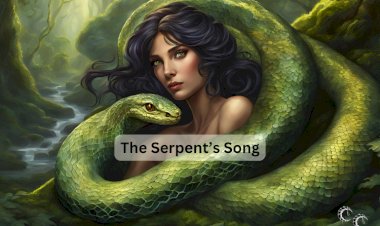Echoes of Darkness: Navigating the Shadows of Dark Romance through Literary History
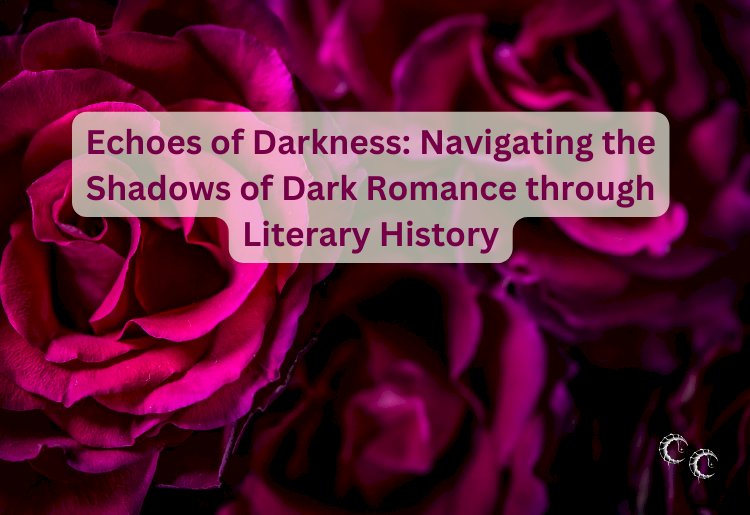
In the dimly lit corners of literary history, we often find ourselves captivated by tales of passion, pain, and profound human connection. It's in these shadowy realms that we discover the timeless allure of dark romance—a genre that doesn't merely explore love but delves deep into the complexities of the human psyche. Winston Churchill once remarked, "The farther backward you can look, the farther forward you can see." In the context of dark romance, this sentiment resonates with a haunting truth.
Dark romance is more than just a literary genre; it's a reflection of the human experience, offering a twisted mirror through which we confront our deepest desires and fears. By delving into the past, we unearth the roots of our fascination with darkness and love entwined. From the tragic affairs of classic literature to the forbidden passions of history's tormented souls, the echoes of our collective past reverberate through the pages of dark romance.
In works like Emily Brontë's "Wuthering Heights" or Daphne du Maurier's "Rebecca," we confront the destructive power of obsession and the intoxicating allure of forbidden love. These novels, steeped in Gothic atmosphere and psychological tension, serve as reminders of the timeless appeal of darkness in matters of the heart. Through the lens of history, we see how these themes have endured, evolving with each passing era yet retaining their grip on our imaginations.
But dark romance isn't merely a relic of the past; it's a genre that continues to evolve and adapt to the complexities of modern society. In contemporary works like Gillian Flynn's "Gone Girl" or Sarah J. Maas's "A Court of Thorns and Roses," we see how themes of love, power, and darkness are reimagined for a new generation of readers. These stories remind us that the human experience is fraught with contradictions, and that even in the most unlikely of places, we may find solace in the arms of darkness.
Churchill's words remind us of the importance of understanding where we come from in order to navigate the uncertain terrain of the future. In the context of dark romance, this sentiment takes on a profound significance. By exploring the depths of our literary past, we gain insight into the timeless truths of the human heart—truths that continue to shape our perceptions of love, desire, and redemption.
As a lover of literature and an aficionado of dark romance, I find solace in the shadows of the past, knowing that within them lies the key to unlocking the mysteries of the future. For in the darkness, we find not only fear and despair but also the flickering ember of hope—a hope that love, in all its twisted glory, will endure through the ages, guiding us toward a future where even the darkest of hearts may find redemption.








